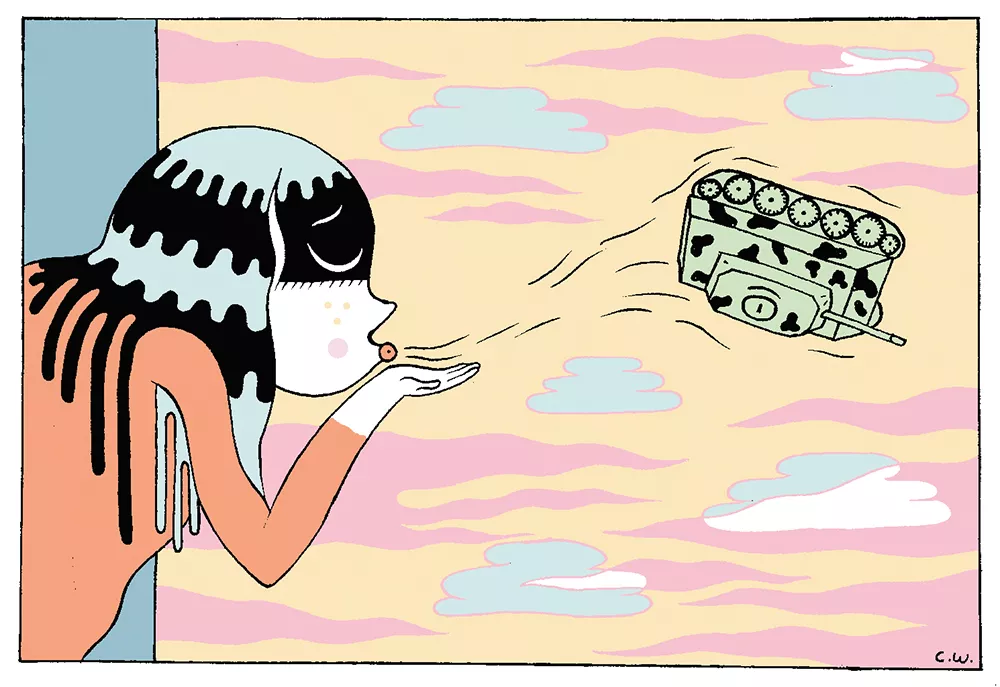"There is a better way to be human than what we're doing." The quote comes from Gerri Haynes. She and her husband Bob deliver medical supplies and personnel to Gaza with Washington State Physicians for Social Responsibility.
They came to Spokane to share information about the medical and humanitarian crisis they've observed there — one that expands every day. After violence claimed at least 2,000 lives this summer, 500 of them children, daily life is slowly returning to normal in Gaza. Normal, though, is a relative term.
By 2020, Gaza will be unlivable. As the decade ticks away, the U.S. prolongs this crisis, one funded by billions in military aid to Israel. Earlier this month, the Hayneses described normal life in Gaza to their Spokane audience. Six hours of electricity per day, limited access to medicines and clean water, a loss of protein in diets due to the coastal blockade, an over-pumped aquifer that leads to floods of sewage — conditions most of us cannot imagine. All of this unfolds at a rapid rate among a population experiencing widespread trauma. In contrast to Post-Traumatic Stress Disorder seen in returning veterans and survivors of abuse, the people of Gaza are being diagnosed with continuous traumatic stress injury, which as the name suggests relates to persistent trauma in daily life.
Trauma is becoming better understood as taboos dissolve and research coalesces on the topic. I recently came across an article about widespread PTSD related to 9/11 among New Yorkers, probably the only large group of Americans who can easily imagine what life in Gaza might be like, having experienced explosion, demolition and widespread destruction in their own neighborhoods. I was furious, thinking of the way that these people's trauma has been used for political purposes, spread like a contagion of fear to people outside of New York, and twisted into a rationale for two botched wars and a sprawling, chaotic, covert military program around the world. Thirteen years later, the annual admonition to "Never Forget" stokes American fear and lust for revenge with enduring success.
Though daily life is certainly more manageable here in the U.S., on average, than it is in Gaza, tens of millions here also suffer ongoing trauma. Not from terrorism, but from another form of man-made violence — poverty. Our economic system limits class mobility and simply discards the people not needed to contribute to economic growth. This is not an accident; it's a built-in condition of capitalism.
Three years ago this month, a group of Americans decided to speak out against capitalism and sparked a worldwide movement that pointed out the failings of this system and visions of something better. For all of the real and invented flaws in the Occupy movement, I hope we can remember it as a beautiful interruption of the normalized violence of poverty. When we decide what to remember as a culture, what to keep and leave behind, I hope we listen to the people who offer a message of empowerment and hope, rather than one of fear. For better or for worse, everything can change in a day. We just need to decide whether we want to prolong fear and trauma, or if there really is a better way to be humans. ♦
Taylor Weech, who hosts the weekly public affairs program Praxis on KYRS-FM, is a Spokane writer and activist. She shares writing, photography and her podcast at truthscout.net.


